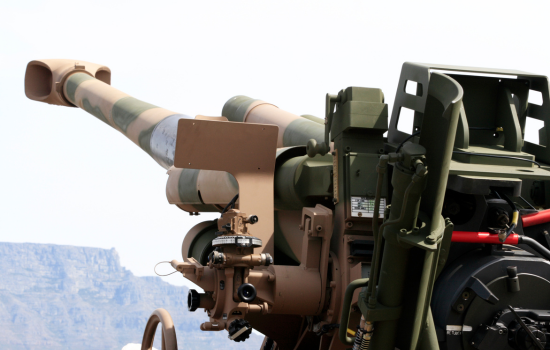Terrorism in Pakistan and Mumbai attacks follow-up – December 2008
Cited from South Asia Intelligence Review [SAIR], Volume 7, No. 24, December 22, 2008
Apart from 60 suicide bombers, who accomplished their mission, 12 were caught by the security agencies before hitting their targets, and are still in Police custody. All the tribal agencies, Khyber, Mohmand, Bajaur, Orakzai, Kurram, North Waziristan and South Waziristan have witnessed either one or more suicide attacks during 2008. The Districts and towns where suicide attacks occurred during the current year include Islamabad, Rawalpindi, Lahore, Bhakkar, Attock, Peshawar, Mardan, Parachinar, Swat, Darra Adamkhel, Landikotal, Bannu, Bara, Dera Ismail Khan, Dir Upper, Buner, Charsadda, Hangu and Quetta. The News, December 22, 2008.
Jaish-e-Mohammed chief Masood Azhar is at large, says Government: The Foreign Ministry has said that the Jaish-e-Mohammed (JeM) chief Maulana Masood Azhar “is wanted by the law enforcement authorities of Pakistan and is at large.” The clarification came after Foreign Minister Shah Mahmood Qureshi told a television channel that Azhar was among the “important people” who had been taken into custody. A few hours earlier, Pakistan High Commissioner to India Shahid Malik told CNBC that his Government was still looking for Azhar. “He is not under house arrest. As far as I know, [the report of his house arrest] is wrong. He is not in Pakistan… We don’t know where he is,” Malik said. Last week, Pakistan Defence Minister Ahmed Mukhtar told an Indian television channel that Azhar had been “picked up.” The Hindu, December 19, 2008.
Lashkar-e-Toiba chief Hafiz Saeed cannot be tried without solid proof, says Defence Minister: Hafiz Mohammed Saeed, chief of the banned Lashkar-e-Toiba (LeT), cannot be tried without solid proof, Defence Minister Ahmad Mukhtar said on December 17, 2008. According to a private TV channel, Mukhtar said Saeed had been detained under the Maintenance of Public Order regulation, which only allowed detaining a citizen for 90 days. The detention could be extended, he said, but India had not given solid proof to Pakistan about the involvement of Saeed or the LeT in the terrorist attacks in Mumbai on November 26, 2008. “In the absence of solid proof, neither Hafiz Saeed nor any other leader detained at the moment can be tried in any court of law,” the channel quoted him as saying. Daily Times, December 18, 2008.
Plot to kill former President Pervez Musharraf unearthed: Authorities have claimed neutralizing a clandestine terror network set up by the jailed killer of Daniel Pearl inside the Hyderabad Jail, and the Sindh Government has suspended senior Police and jail officials after a large number of cell phones, SIM cards and other equipment were recovered. Highly-placed Interior Ministry sources said on December 17, 2008, that the jailed terrorist, Jaish-e-Mohammed (JeM) cadre Ahmed Omar Sheikh, had also threatened General Pervez Musharraf on his personal cell phone in the second week of November 2008 and planned to get him assassinated by a suicide bomber. The caller reportedly told Musharraf: “I am after you, get ready to die.” Subsequent investigations by the authorities revealed the threatening phone call was made by someone from the Hyderabad Central Jail. Being a suspect, Omar Sheikh was placed under observation before it transpired that he was the one who had threatened the former President. Authorities discovered that a plot had been hatched by Omar Sheikh to kill Musharraf with the connivance of some Lashkar-e-Jhangvi (LeJ) militants, with whom he had been in contact for a long time over the phone. Three mobile phones, six batteries, 18 SIM cards of almost every cellular company, and chargers were seized from Omar’s cell. Further scanning of his telephone records revealed he had been making calls all over Pakistan to former jihadis and relatives in Lahore, Karachi, Rawalpindi and Peshawar. Following the recovery of mobile phones and SIM cards from Omar Sheikh, the Sindh Home Department suspended (on Dec 1, 2008) Hyderabad Central Jail Superintendent Abdul Majid Siddiqui, his deputy Gul Mohammad Sheikh and four other jail officials on charges of showing criminal negligence. The News, December 18, 2008.






